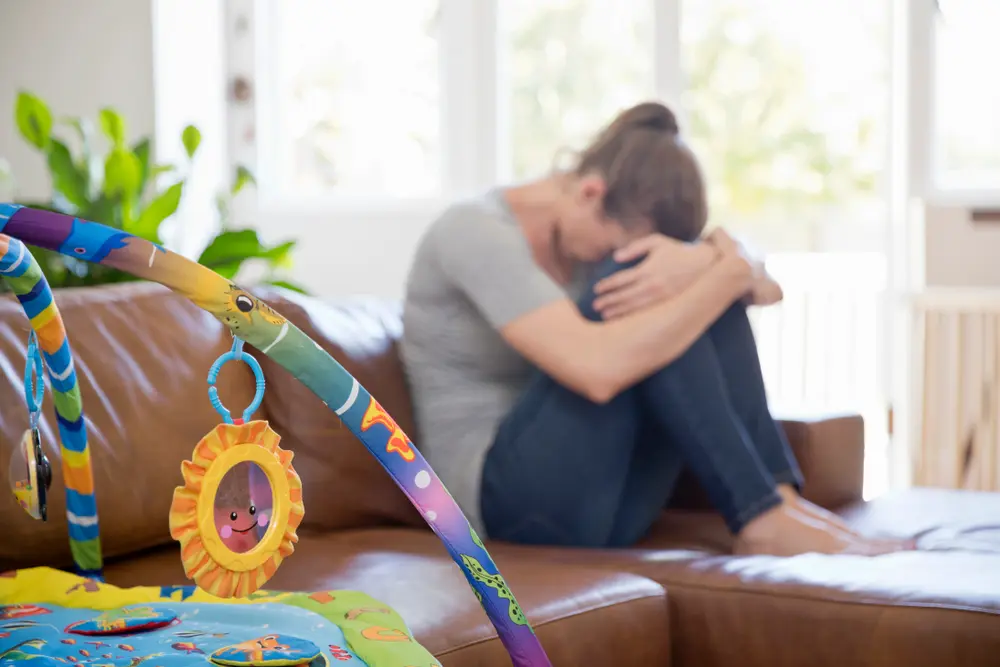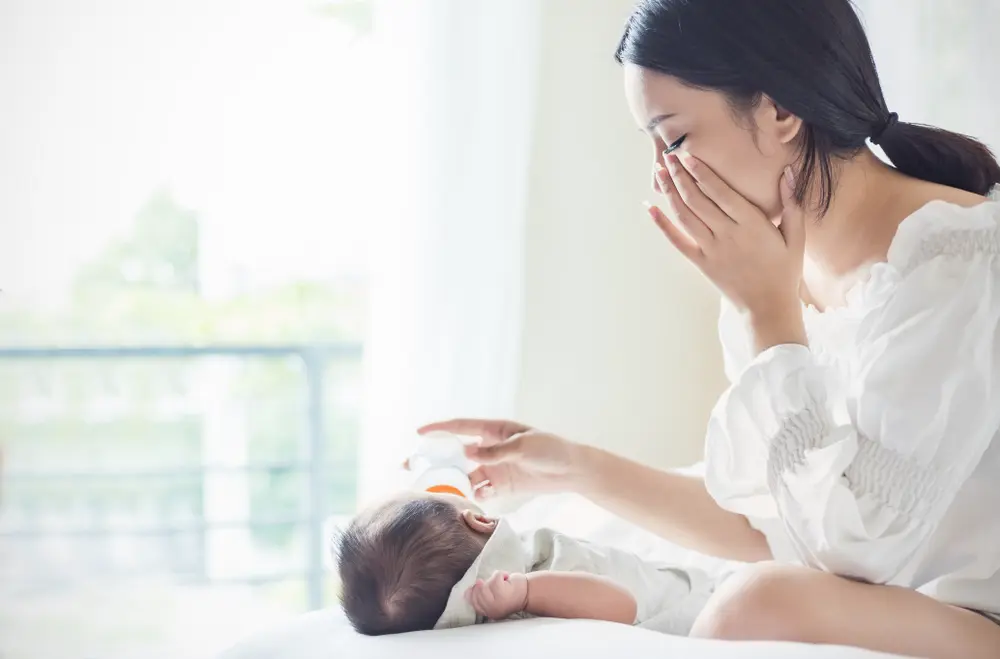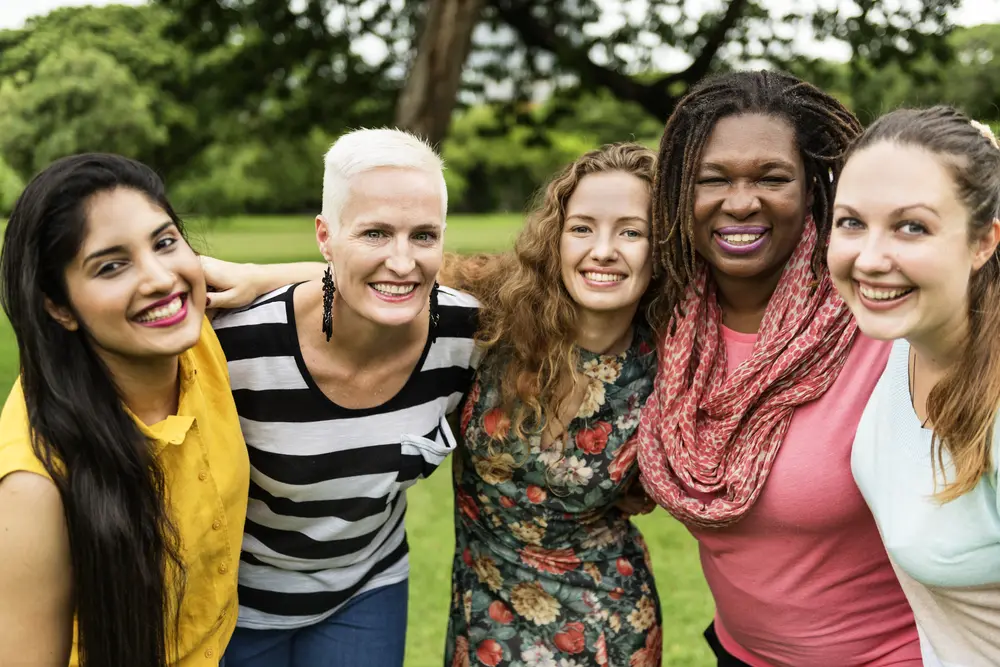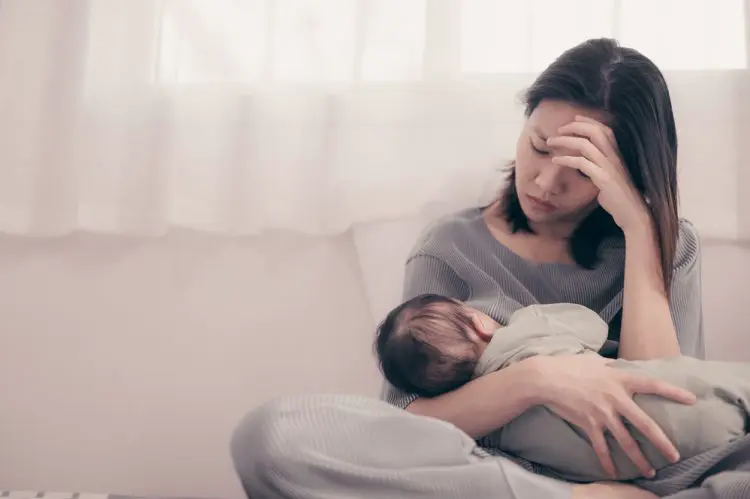Before we get started, let me add a small disclaimer. I am not a doctor and you should always consult your doctor if you feel mentally unwell, especially after giving birth. Post-natal depression can be very serious and you need to be armed with as much support as possible. Don’t be afraid of speaking out and don’t be afraid of asking for help. There are lots of services out there designed to help you. If you need immediate help, please contact the emergency services or a suicide helpline.
Thank you, let’s proceed with the blog.
Mental health is something we are able to talk about more than ever and that mostly comes down to mental health activists and people speaking out about their experiences. The more we normalise mental health and mental health struggles, the more people have been able to come out and speak about what is going on with them, and that is a wonderful thing.
Something that has gained more public awareness over the years is post-natal depression and how it affects women after they have had their babies.
The condition is defined by the dictionary as –
“depression suffered by a mother following childbirth, typically arising from the combination of hormonal changes, psychological adjustment to motherhood, and fatigue.”
As you can see, it is a very physical reaction to something that has happened in your body, and, really, it makes complete sense.

As parents, it is important that we educate ourselves about these issues before they happen so that we can know exactly what is going on and why. Mental health issues aren’t a mystery and they aren’t topics that should be shrouded with secrecy and denial. We need to know what we are facing so that we know how to face it.
For a long time, women have had societal shame around the idea of post-natal depression and they have hidden their suffering from other people.
This isn’t something we have to do anymore.
Whenever we are suffering with our mental health, it’s so important that we talk about it with other people and that we ask for support. If we keep everything inside, it only gets worse. If we let it out, we can free up space in our minds for more positive things to get it.
A lot of women feel shame around being depressed when they have a brand new shiny baby and they should be happy. But post-natal depression doesn’t mean you aren’t happy or grateful, it simply means that you are struggling with a health issue that directly corresponds to birth and you need some extra support.

And that is totally ok.
The more we talk, write, and post about such issues, we can diminish this shame that women face and we can open up more doors of opportunity for health and support.
If you find yourself struggling with postnatal depression the first things to do are talk to your partner, talk to your family and friends, make an appointment with your doctor, and contact a psychotherapist if you want to.
Don’t bottle anything in and don’t feel ashamed.
We are all in this together.




